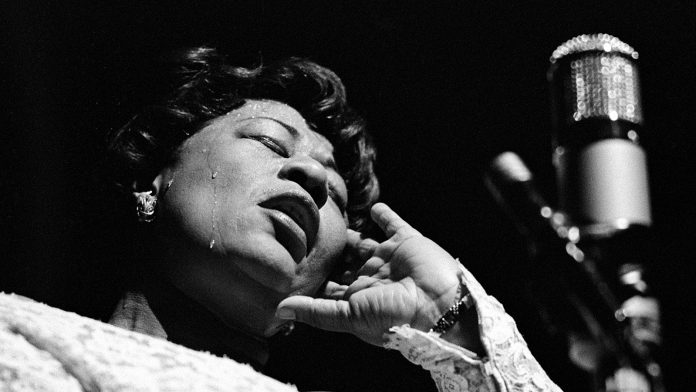Savannah Larsen
Staff Writer
From blues to jazz, rock to hip hop, and R&B to EDM, many of the music genres we enjoy today are heavily influenced by or were born entirely out of Black culture.
As we focus on and admire the strides many Black Americans have made in influencing our culture, history, and civil rights, it is important to appreciate an often overlooked contribution by Black culture. I am, of course, speaking about Black influence on American music — whether it was creating smooth jazz, bouncing ragtime, soulful blues, or even rapid rock and rap, there were incredible artists at the forefront of developing these beloved musical styles.
I will start with one of my personal favorites, ragtime, and the King of Ragtime himself, Scott Joplin. Born to former slave Giles Joplin and freeborn African American Florence Givens, Joplin is credited with creating over 100 original ragtime pieces, two operas, and even a ballet. Ragtime itself was born from merging European marching tunes with the polyrhythmic, syncopated beats of African traditions and music.
Joplin popularized the ragged, syncopated rhythm that gives ragtime its liveliness and bouncy feel, changing how people thought about piano music. Joplin was well known for hits like “The Entertainer” and “Maple Leaf Rag,” which solidified his place as a successful ragtime composer. One branch of evolving ragtime paved the way for the styles of early jazz and swing.
Ragtime too springy for you? Then maybe you are looking for the smoothness of jazz. Jazz is characterized by its swing-like momentum, bent notes, and, of course, emphasis on improvisation and finding your own musical style. This improvisation makes a jazz song sound different every time you hear it played, making the same song feel brand new. Jazz developed primarily in New Orleans in the early 20th century, where African American musical rhythms mixed with European harmonic structures and took hints from blues and ragtime.
And this was not just for the musicians; even the singers followed this pattern. Ella Fitzgerald, dubbed “The First Lady of Song,” was one of most popular singers of jazz on account of her vast range and vocal flexibility. She, along with all the greatest jazz players such as Duke Ellington, Count Basie, and Nat King Cole, cemented the only unchanging part of jazz: the fact that jazz is always evolving. This freedom of expression made jazz a creative birthplace for not only different kinds of jazz, but swing, rock, and bebop.
“Jazz is characterized by its swing-like momentum, bent notes, and, of course, emphasis on improvisation and finding your own musical style.”
Too old for your young bones? Let’s talk about a more modern music genre that many younger generations are familiar with: rap. Rap primarily emerged from Black culture, with influences taken from West African griot, or story-telling, traditions; African American poetry; and other Black musical forms, such as blues and jazz. The modern use of rap in popular music emerged in the Bronx, New York City, alongside hip hop.
The name “rap” came from an African American dialect of English, back when it meant “to converse,” in reference to its heavy use of prose and speech. Comedian Rudy Ray Moore, “The Godfather of Rap,” is credited with creating the more modern rap songs of the 1970s, with raunchy, crass, and sexually explicit lyrics not unlike the ones we hear today.
Rock is another modern example that has been shaped as a result of Black culture and influence. Combining blues, jazz, and other musical styles, rock music focuses on social or political problems as well as love and fantasies.
And just like its parent jazz, rock has a lot, and I mean a lot, of various styles and subgenres. We owe the development of the highly-beloved rock genre to people like Sister Rosetta Tharpe, “The God-Mother of Rock and Roll,” and Chuck Berry, “The Father of Rock and Roll.” Through experimenting with blues, gospel, and a pinch of country and jazz, they developed the sound that would later become popularized by singers such as Elvis Presley.
All of these genres and the multitudes of musical styles they helped inspire are a result of Black and African culture and influence in American music. Without their efforts, risks, and creative experimentation, music would certainly be much less exciting and distinct than it is now!











